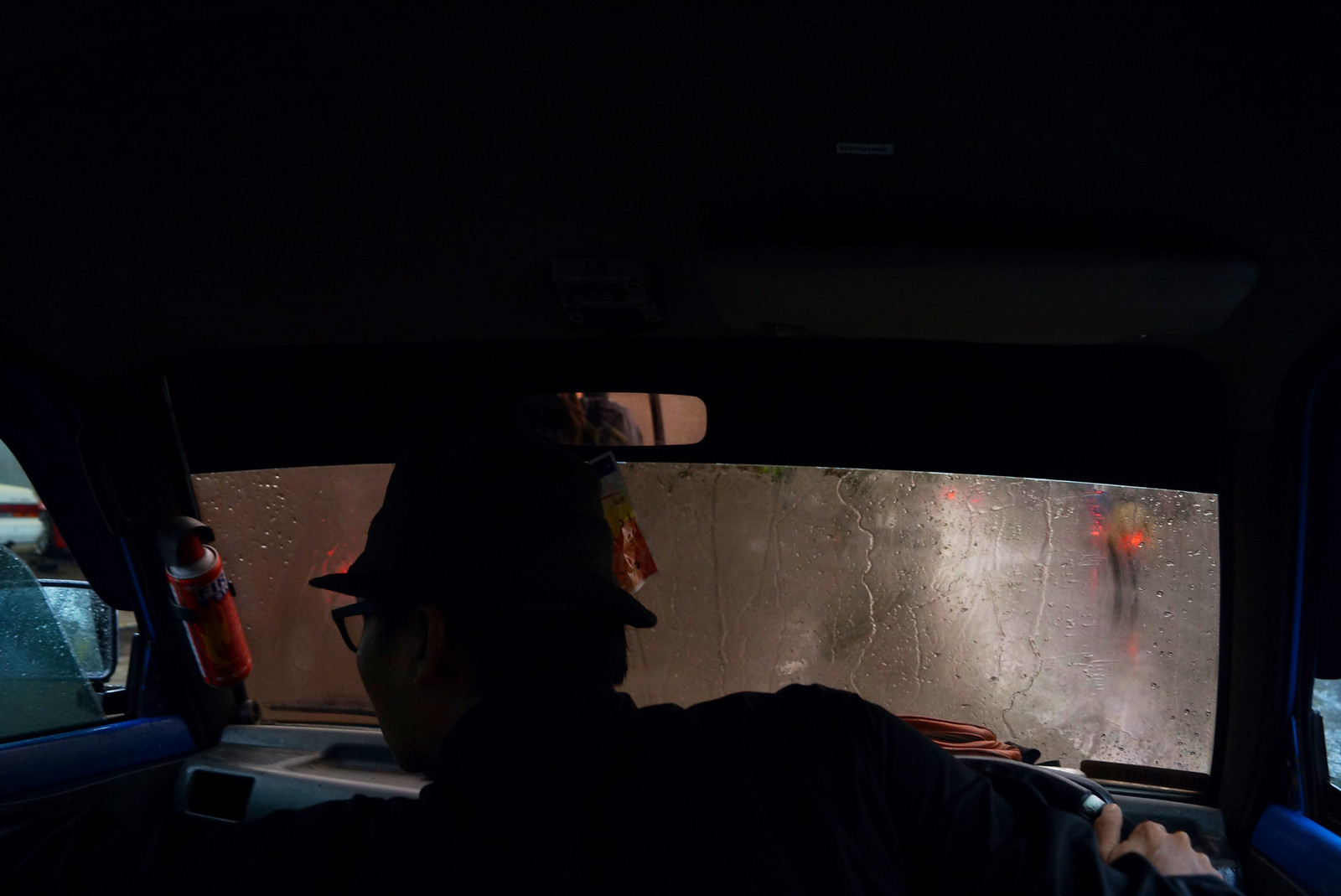
Bandung, Indonesia: photo by Tomi Saputra, 6 March 2017

Bandung, Indonesia: photo by Tomi Saputra, 6 March 2017

Bandung, Indonesia: photo by Tomi Saputra, 6 March 2017
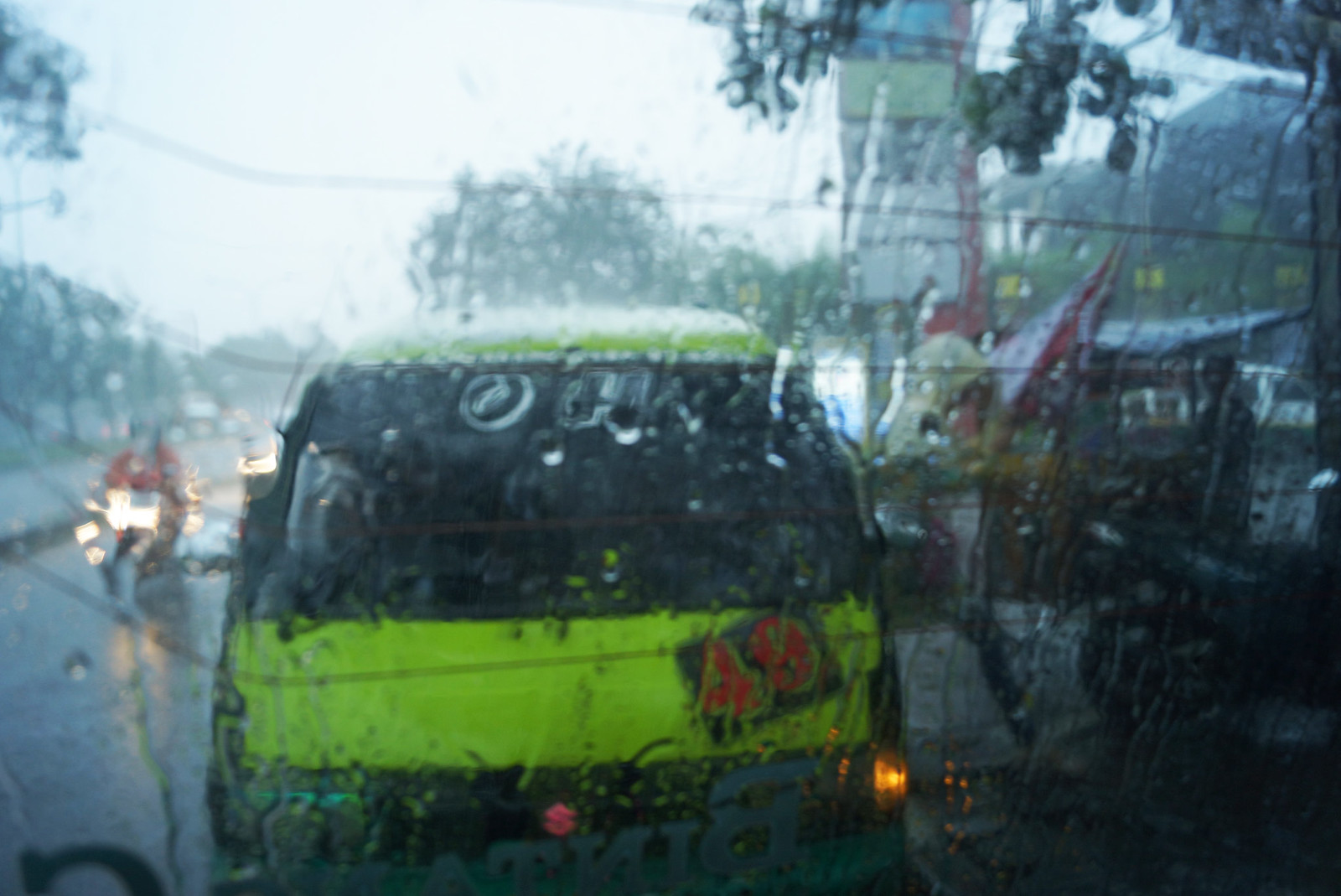
Bandung, Indonesia: photo by Tomi Saputra, 6 March 2017

Bandung, Indonesia: photo by Tomi Saputra, 6 March 2017

Bandung, Indonesia: photo by Tomi Saputra, 6 March 2017
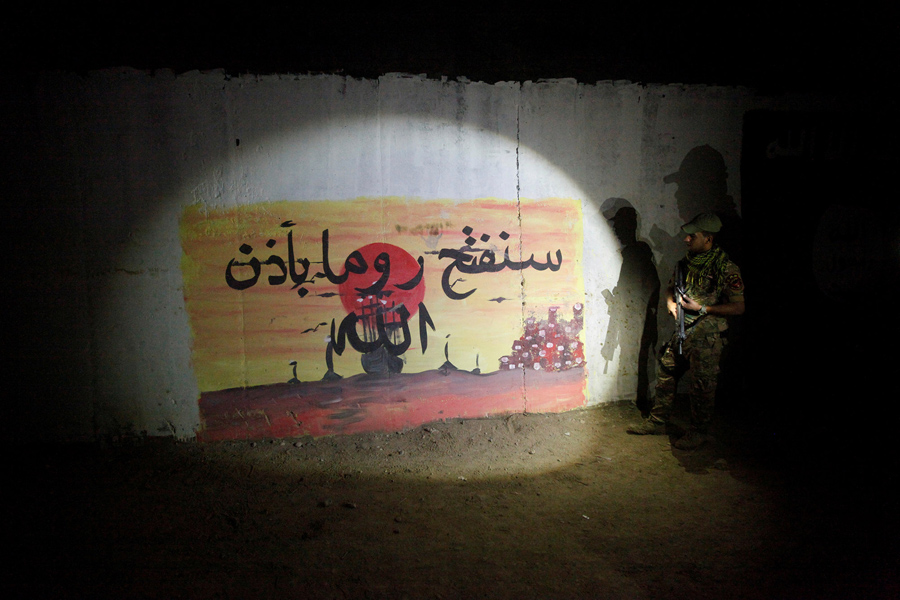
A view of ISIS slogans painted along the walls of
the tunnel that was used by Islamic State militants as an underground
training camp in a hillside overlooking Mosul, on March 4, 2017. The
slogan reads, "We will conquer Rome, God willing".: photo by Alaa Al-Marjani / Reuters, 4 March 2017
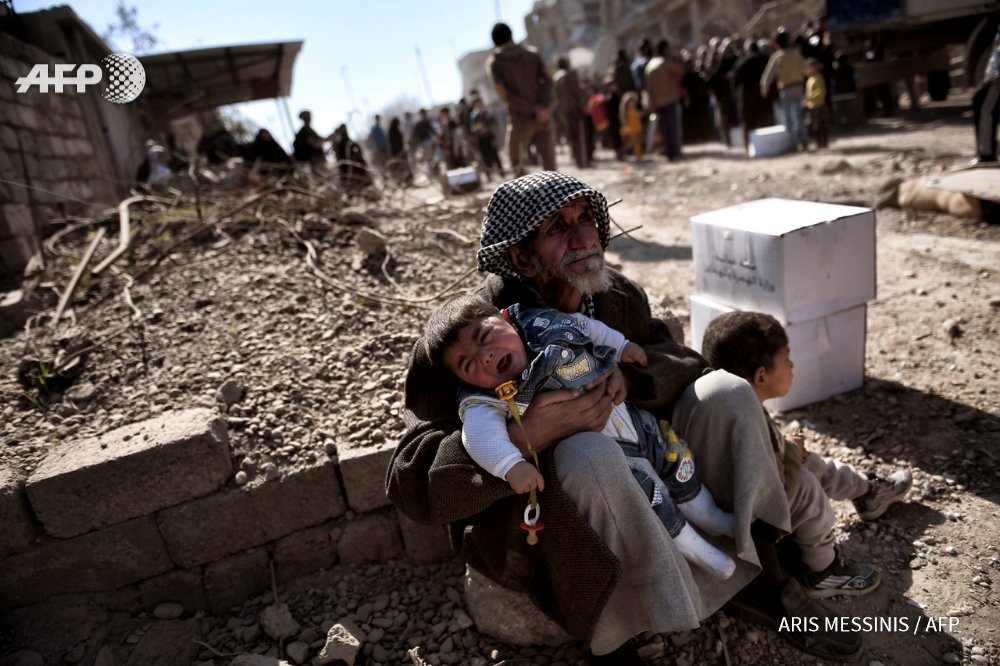
#Iraq. Inside west #mosul 1/2 #MosulOffensive: image via Aris Messinis @ArisMessinis, 10 March 2017
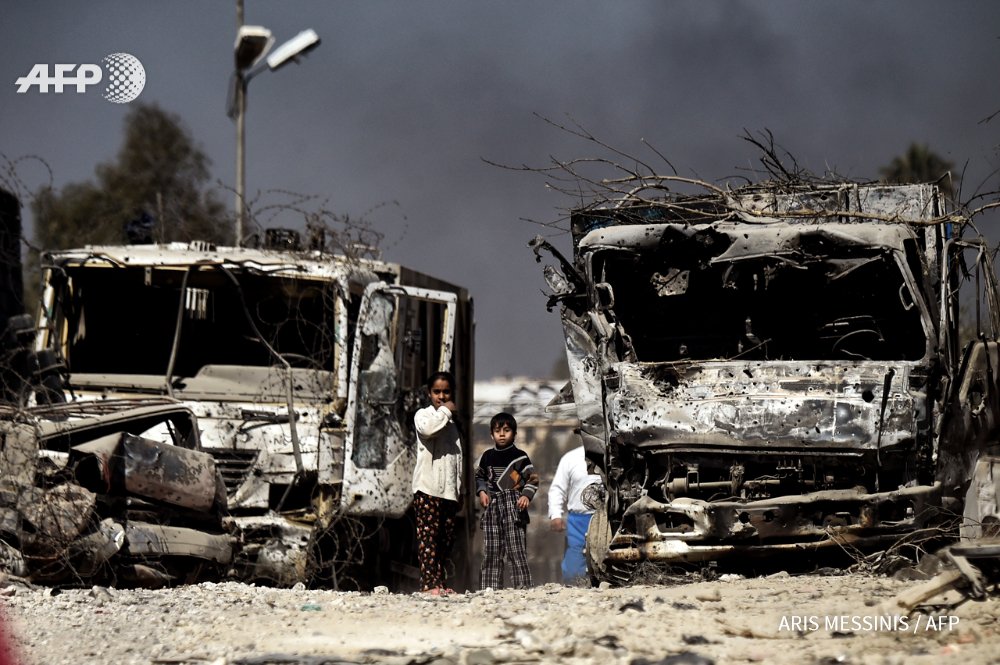
#Iraq. Inside west #mosul 1/2 #MosulOffensive: image via Aris Messinis @ArisMessinis, 10 March 2017
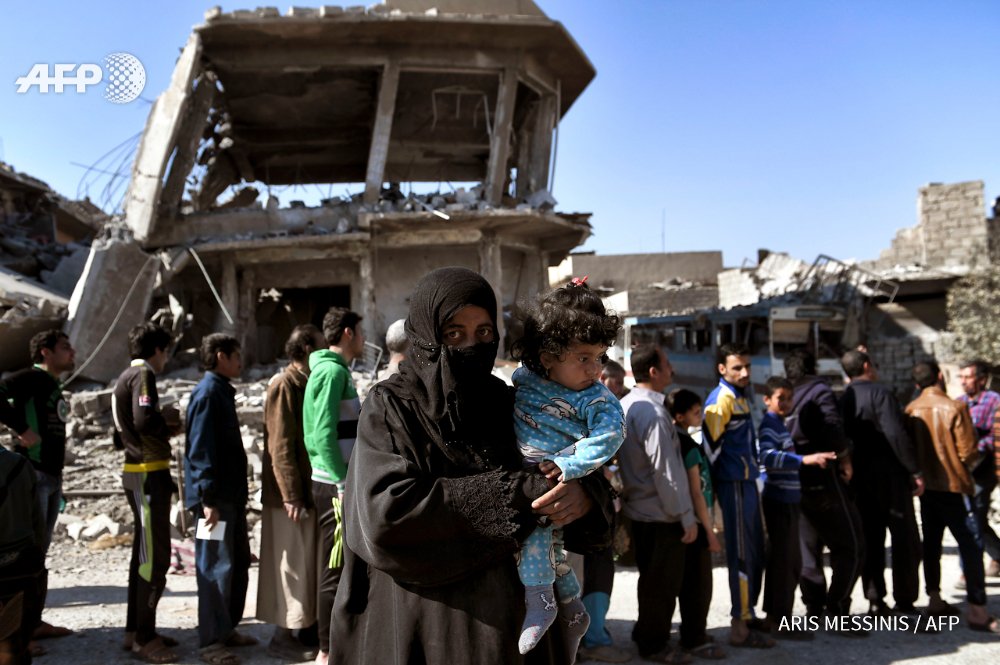
#Iraq. Inside west #mosul 1/2 #MosulOffensive: image via Aris Messinis @ArisMessinis, 10 March 2017
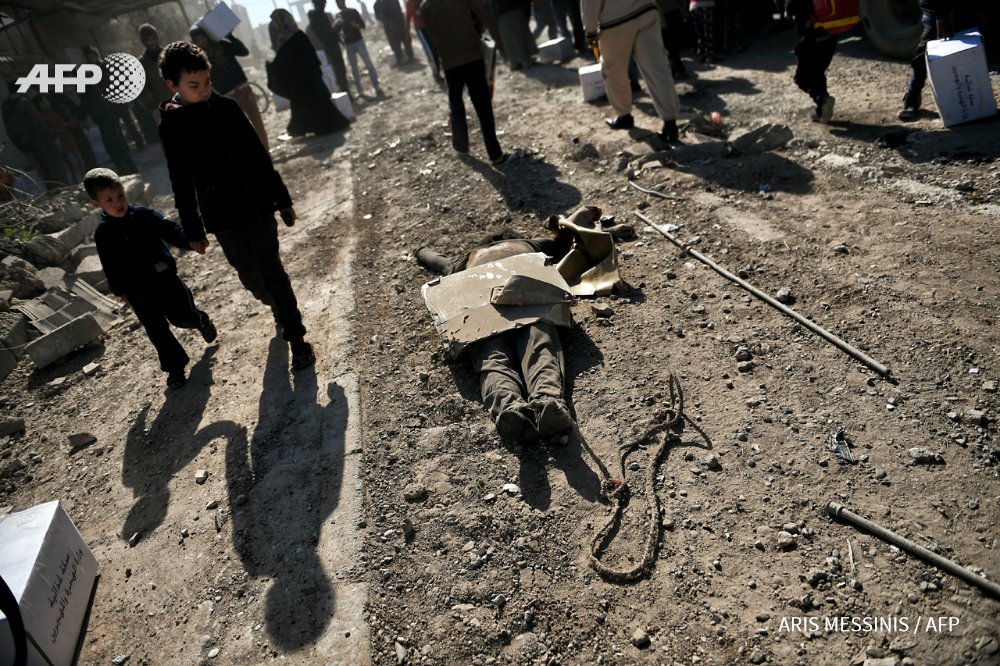
#Iraq. Inside west #mosul 1/2 #MosulOffensive: image via Aris Messinis @ArisMessinis, 10 March 2017
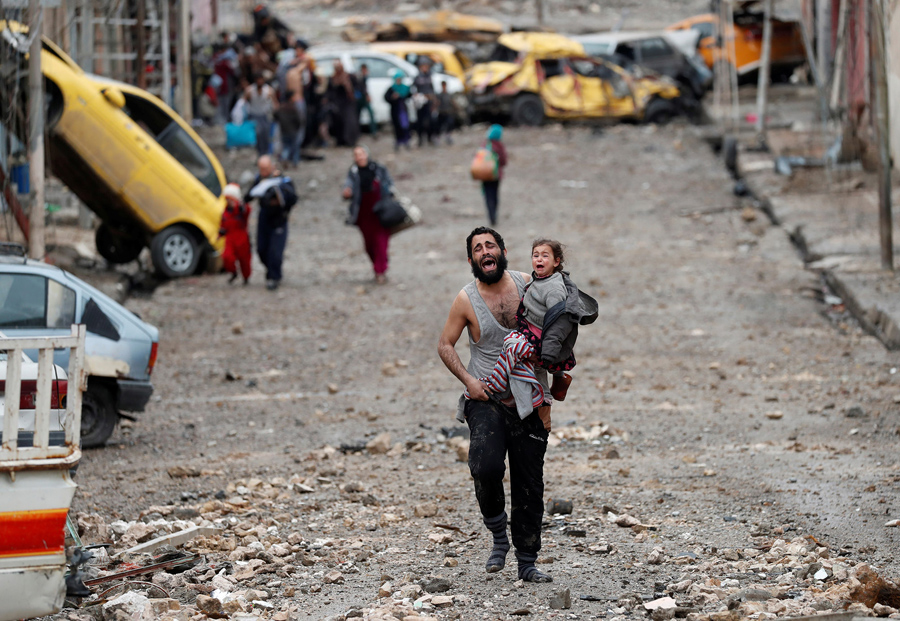
A man cries as he carries his daughter while
fleeing from an ISIS-controlled part of Mosul towards Iraqi special
forces soldiers during a battle in Mosul, Iraq, on March 4, 2017.: photo by Goran Tomasevic / Reuters, 4 March 2017
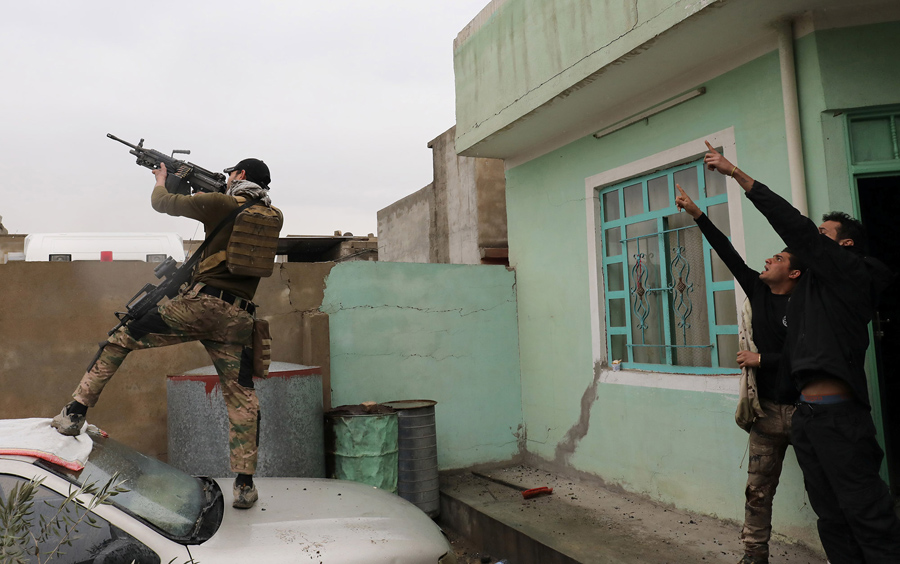
An Iraqi special forces soldier fires at a drone operated by ISIS militants in Mosul on March 4, 2017.: photo by Goran Tomasevic / Reuters, 4 March 2017

An Iraqi special forces soldier shot dead an ISIS suicide bomber in Mosul on March 3, 2017.: photo by Goran Tomasevic / Reuters, 3 March 2017

A door of an Iraqi special forces vehicle is seen during a battle with ISIS fighters on the outskirts of Mosul on February 25, 2017.: photo by Goran Tomasevic / Reuters, 25 February 2017

Iraqi special forces soldiers walk on a street in Mosul during a battle with ISIS on March 3, 2017.: photo by Goran Tomasevic / Reuters, 3 March 2017

An injured Iraqi Emergency Response Division (ERD)
soldier hit by a mortar is held by another officer as they wait for
medics to arrive at the ISIS-occupied Mosul Airport in west Mosul on
February 23, 2017. Iraqi forces encountered stiff resistance with
improvised explosives, heavy mortar fire and snipers hampering their
advance before they successfully took the airport..: photo by Martyn Aim/Getty, 23 February 2017

Iraqi families walk down a road as they flee the fighting in Mosul on March 3, 2017.: photo by Aris Messinis / AFP, 3 March 2017

Displaced Iraqis flee their homes as Iraqi forces battle with ISIS militants, in western Mosul on March 6, 2017.: photo by Suhaib Salem / Reuters, 3 March 2017

An Iraqi special forces soldier checks men for explosive belts as they cross from an ISIS-controlled part of Mosul to an Iraqi forces-controlled area on March 4, 2017.: photo by Goran Tomasevic / Reuters, 4 March 2017

Displaced Iraqis flee their homes as Iraqi forces battle with ISIS, in the district of Maamoun in western Mosul, on February 25, 2017.: photo by Alaa Al-Marjani / Reuters, 25 February 2017

Iraqis holding white flags flee Mosul on March 1, 2017.: photo by Aris Messinis / AFP, 1 March 2017

An Iraqi special forces soldier runs across a street in Mosul during a battle with ISIS on March 3, 2017.: photo by Goran Tomasevic / Reuters, 3 March 2017

A lion in its cage looks at a dead lioness in a grave in Mosul's zoo on February 2, 2017. Once a peaceful animal park, the zoo, like much of the city, was destroyed by months of fighting between Iraqi forces and ISIS militants.: photo by Muhammad Hamed / Reuters, 2 February 2017

An Iraqi special forces soldier carries a woman injured during a battle between Iraqi forces and ISIS in Mosul on February 28, 2017..: photo by Goran Tomasevic / Reuters, 28 February 2017

An Iraqi special forces soldier reacts after ISIS militants shot dead another Iraqi special forces soldier during a battle in Mosul on March 3, 2017.: photo by Goran Tomasevic / Reuters, 3 March 2017

Zakaria Imad Ahmed, 12, is treated by doctors in a
first aid clinic in the Zahra neighborhood after he was hit in the head
by shrapnel from a mortar fired by ISIS militants on February 6, 2017.
He and his younger brother and sister were playing outside when a mortar
dropped nearby and shrapnel hit parts of their bodies.: photo by Bram Janssen / AP, 6 February 2017

Caribou (Rangifer tarandus), Suomi, near Ihari, Finland: photo by Lukas Riebling, 2005

Hong Kong, Yeah!: photo by Edas Wong, 3 March 2017

Hong Kong, Yeah!: photo by Edas Wong, 3 March 2017

Hong Kong, Yeah!: photo by Edas Wong, 3 March 2017
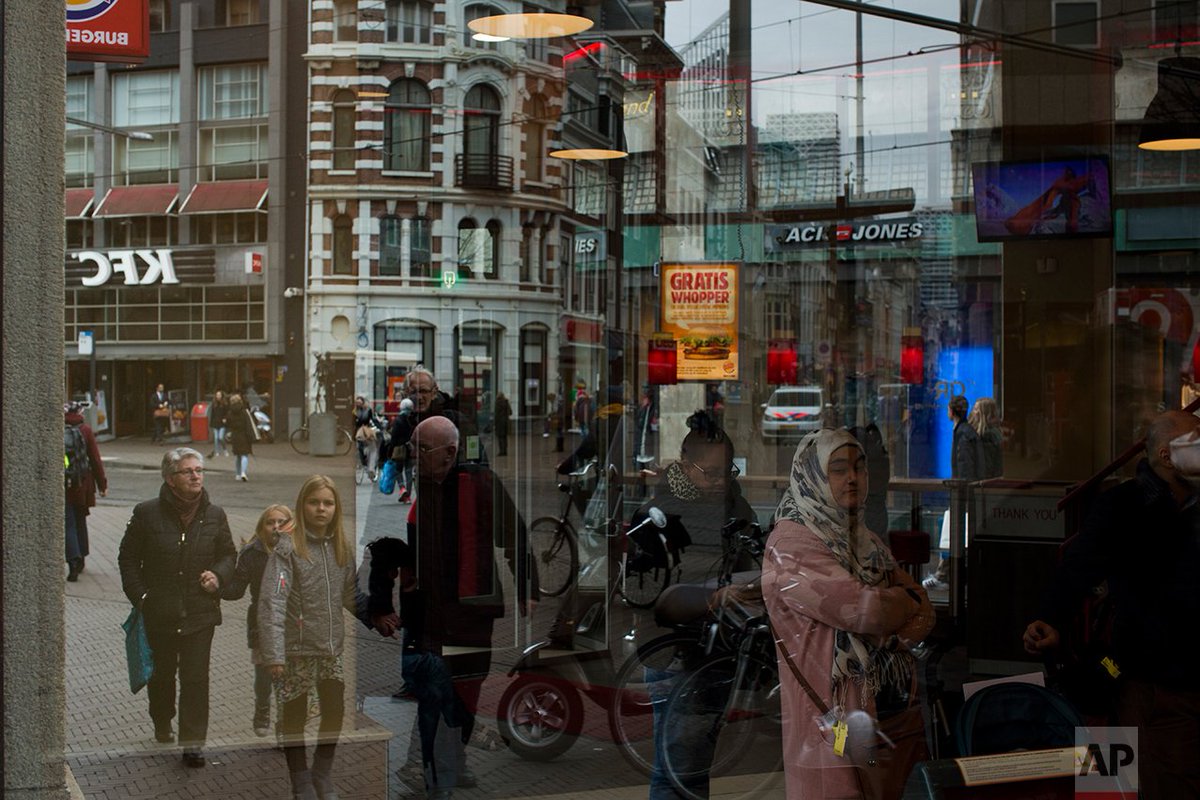


Islam is relatively new in the Netherlands, and its spread has come as increasing numbers of native Dutch have abandoned religion. Those attending religious services at least once per month have dropped from about one in four in 1999 to about one in six now.
In The Hague's most culturally diverse neighborhoods, many women wear Muslim headscarves. In the market, young Muslim women eating battered fried fish, a Dutch favorite, took dainty, careful bites to avoid splashing grease on their hijabs.

Fear cuts both ways.
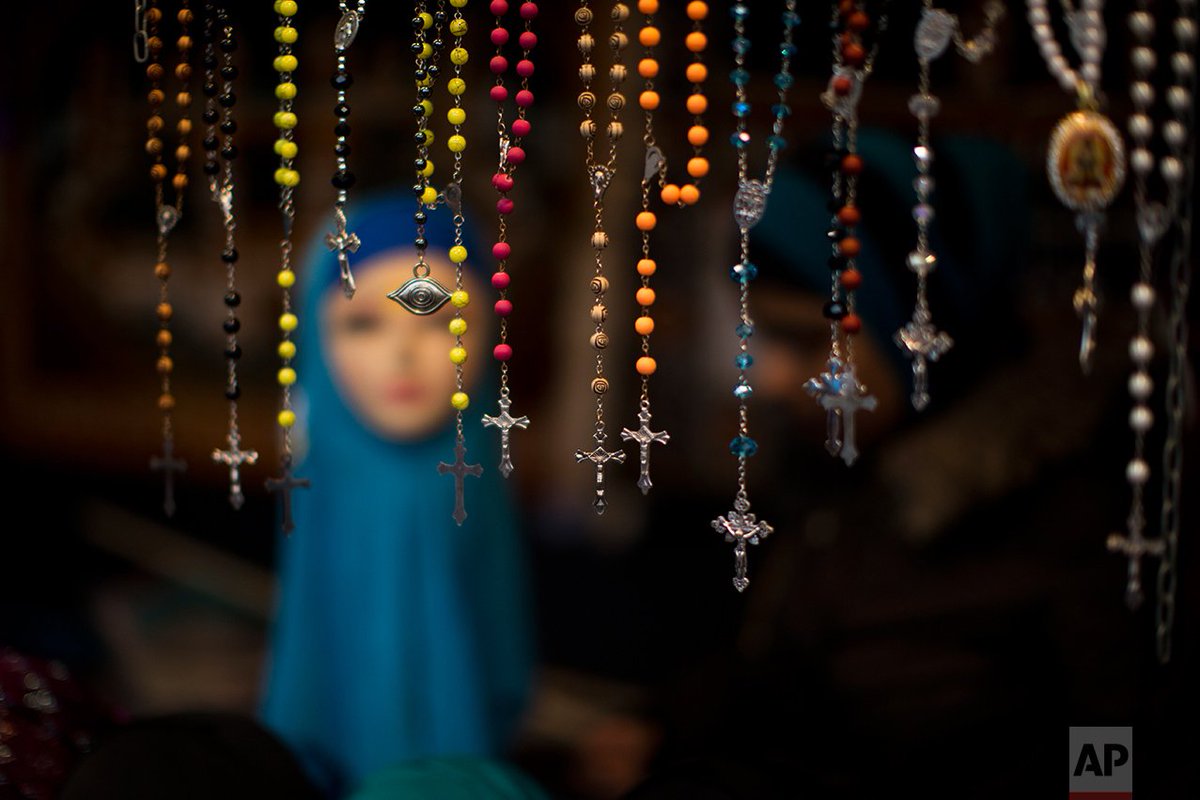

Europe on Edge: Immigration fears boost Dutch far right: photo by Emilio Morenatti/AP, 10 March 2017

Europe on Edge: Immigration fears boost Dutch far right: photo by Emilio Morenatti/AP, 10 March 2017

The White House aide who encouraged people to buy Ivanka Trump goods was Kellyanne Conway, here seen with White House Press secretary Sean Spicer: photo by Jonathan Ernst / Reuters via The Atlantic, 9 February 2017
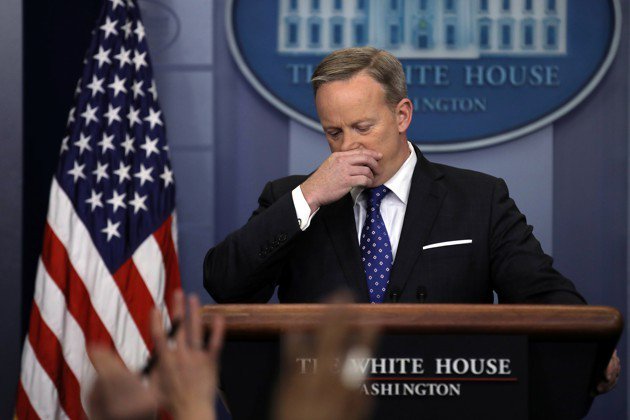
White House spokesman Sean Spicer may have violated a decades-old rule with his jobs report tweet: photo by Carlos Barria/Reuters via The Atlantic, 10 March 2017

Donald Trump's children say they're profiting handsomely during his presidency.: photo by Clodagh Kilcoyne/Reuters; image via via The Atlantic @TheAtlantic, 10 March 2017
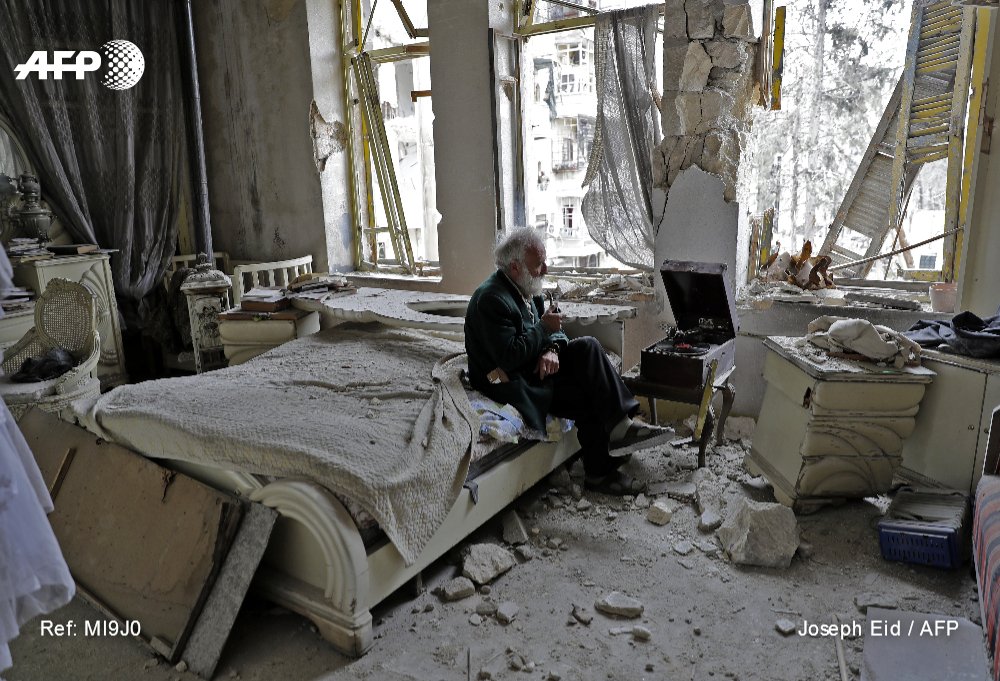
Aleppo's collector wants to treat his classic cars "damaged" by the war. Photo @JOSEPHEID1 #AFP: image via AFP Photo @AFPphoto, 10 March 2017
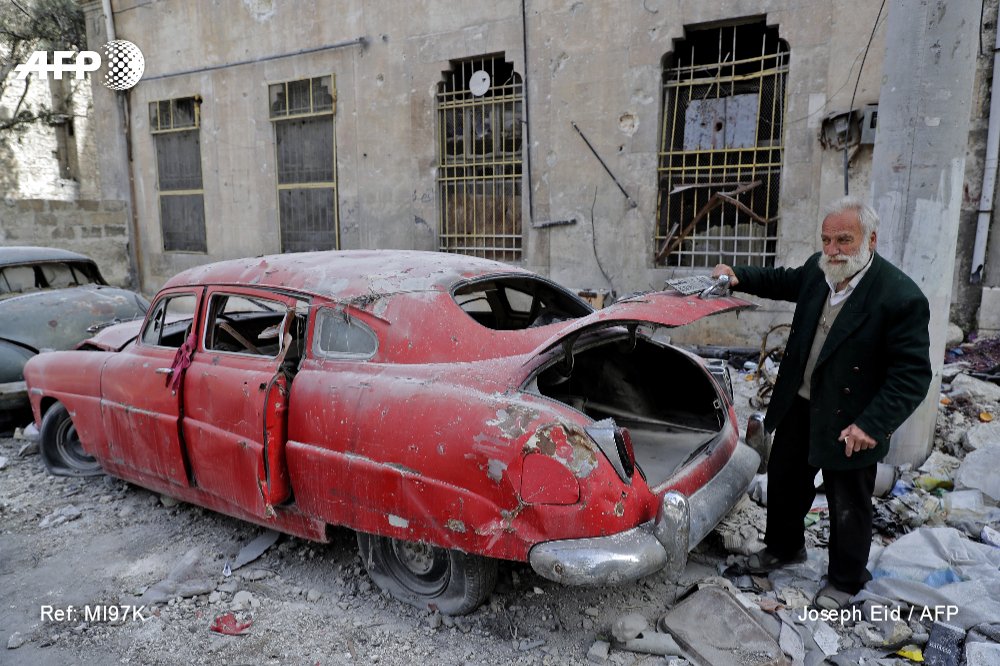
Aleppo's collector wants to treat his classic cars "damaged" by the war. Photo @JOSEPHEID1 #AFP: image via AFP Photo @AFPphoto, 10 March 2017
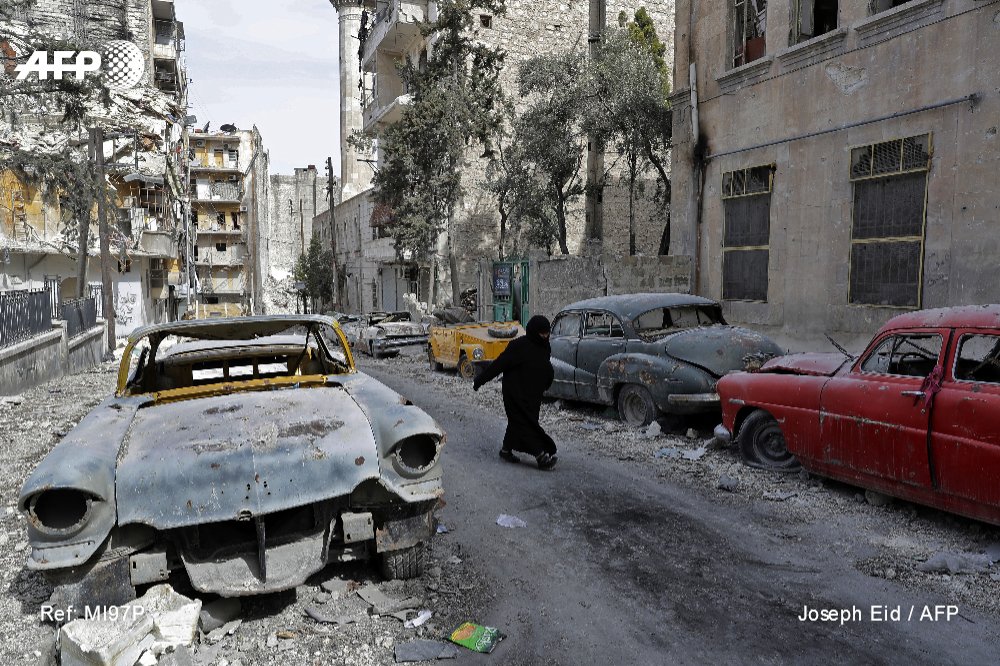
Aleppo's collector wants to treat his classic cars "damaged" by the war. Photo @JOSEPHEID1 #AFP: image via AFP Photo @AFPphoto, 10 March 2017
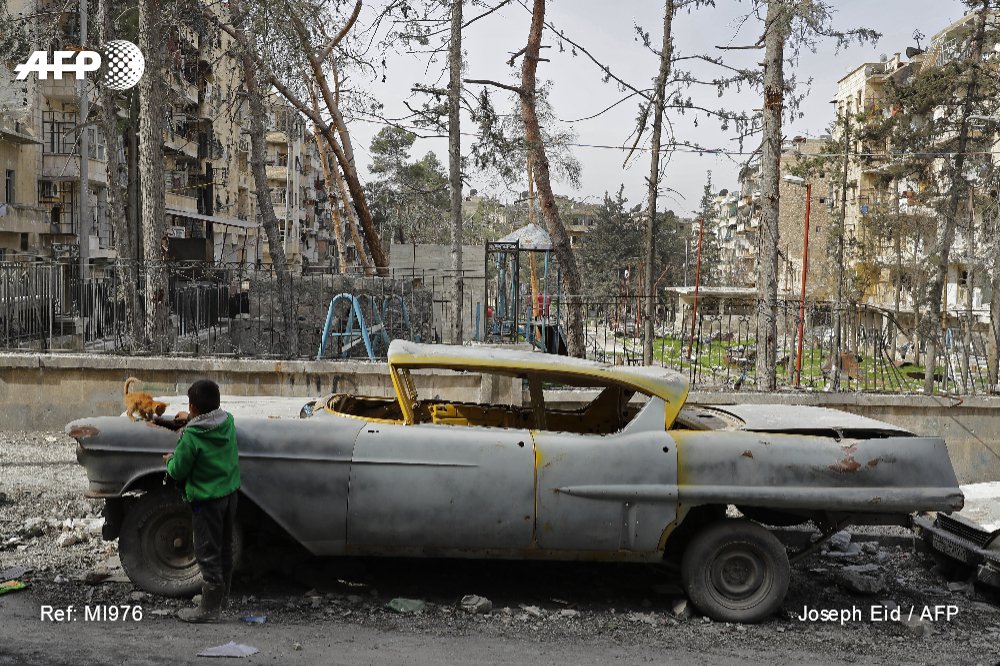
Aleppo's collector wants to treat his classic cars "damaged" by the war. Photo @JOSEPHEID1 #AFP: image via AFP Photo @AFPphoto, 10 March 2017
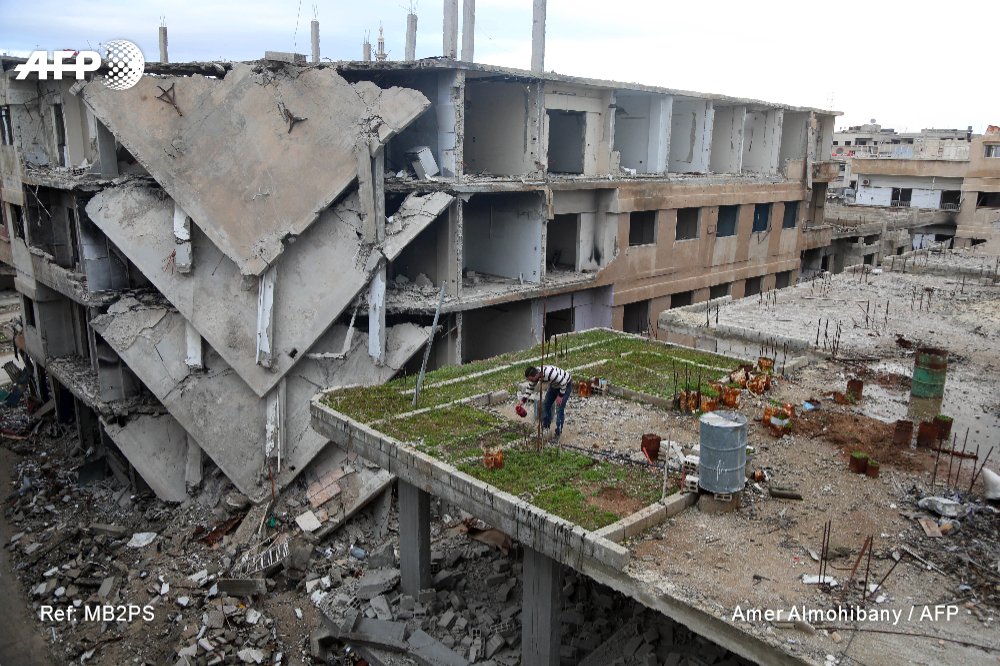
A man cultivates seeds for sale on the roof of a damaged building in the Syrian rebel-held town of Arbin. Photo @amer_almohibany: image via AFP Photo @AFPphoto, 9 March 2017
W.H. Auden: The Fall of Rome
(For Cyril Connolly)
The piers are pummelled by the waves;
In a lonely field the rain
Lashes an abandoned train;
Outlaws fill the mountain caves.
Fantastic grow the evening gowns;
Agents of the Fisc pursue
Absconding tax-defaulters through
The sewers of provincial towns.
Private rites of magic send
The temple prostitutes to sleep;
All the literati keep
An imaginary friend.
Cerebrotonic Cato may
Extoll the Ancient Disciplines,
But the muscle-bound Marines
Mutiny for food and pay.
Caesar's double-bed is warm
As an unimportant clerk
Writes I DO NOT LIKE MY WORK
On a pink official form.
Unendowed with wealth or pity,
Little birds with scarlet legs,
Sitting on their speckled eggs,
Eye each flu-infected city.
Altogether elsewhere, vast
Herds of reindeer move across
Miles and miles of golden moss,
Silently and very fast.
W.H. Auden (1907-1973): The Fall of Rome, from Nones (1961)
In a lonely field the rain
Lashes an abandoned train;
Outlaws fill the mountain caves.
Fantastic grow the evening gowns;
Agents of the Fisc pursue
Absconding tax-defaulters through
The sewers of provincial towns.
Private rites of magic send
The temple prostitutes to sleep;
All the literati keep
An imaginary friend.
Cerebrotonic Cato may
Extoll the Ancient Disciplines,
But the muscle-bound Marines
Mutiny for food and pay.
Caesar's double-bed is warm
As an unimportant clerk
Writes I DO NOT LIKE MY WORK
On a pink official form.
Unendowed with wealth or pity,
Little birds with scarlet legs,
Sitting on their speckled eggs,
Eye each flu-infected city.
Altogether elsewhere, vast
Herds of reindeer move across
Miles and miles of golden moss,
Silently and very fast.
W.H. Auden (1907-1973): The Fall of Rome, from Nones (1961)
Caribou (Rangifer tarandus), Suomi, near Ihari, Finland: photo by Lukas Riebling, 2005

Hong Kong, Yeah!: photo by Edas Wong, 3 March 2017

Hong Kong, Yeah!: photo by Edas Wong, 3 March 2017

Hong Kong, Yeah!: photo by Edas Wong, 3 March 2017
Europe on Edge: Immigration fears boost Dutch far right: John Leicester / Emilio Morenatti, AP, 10 March 2017

The specter of uncontrolled floods of migrants from countries that
don't share Europe's Christian heritage is a principal selling point for
the extremist, far-right brand of politics promoted by firebrand
populists Geert Wilders in the Netherlands: photo by Emilio Morenatti/AP, 10 March 2017
THE HAGUE, Netherlands (AP) — That Duindorp has no immigrant
community to speak of is part of its charm for Willem van Vliet, who
runs the "Willem and Toet" fish bar in the neighborhood's small parade
of shops, serving crispy homemade shrimp croquettes and other Dutch
snacks.
When Van Vliet, a friendly bear of a man, leaves the quiet confines
of Duindorp, with its neat brick houses, fresh sea air and cackling
gulls wheeling overhead, and travels the few miles (kilometers) into the
center of The Hague to the city's more culturally diverse
neighborhoods, the cook sees a Netherlands not enriched by immigration,
but ravaged by it.
"In the last years, too many people have come to Holland with no
education, no work experience, and they are coming here only for money
from the government, and enough is enough," he said. "We lost our
country."
Such views make this corner of the Netherlands one of the epicenters
for the disruptive wave of populism sweeping across Europe,
gate-crashing its politics, testing its institutions and clouding its
future. European populist leaders are exploiting the concerns of people
like Van Vliet that immigration, particularly Muslim immigration,
threatens to swamp them and their traditions, with the eventual risk of
them or their children becoming strangers in their own lands.
Of the Netherlands' 17 million people, just over one in five now has a
foreign background. That number rises to roughly half-and-half in the
four largest melting-pot cities: Amsterdam, Rotterdam, Utrecht and The
Hague.
The specter of uncontrolled floods of migrants from countries that
don't share Europe's Christian heritage is a principal selling point for
the extremist, far-right brand of politics promoted by firebrand
populists Geert Wilders in the Netherlands and Marine Le Pen in France.

For critics, Wilders and Le Pen are stoking anti-immigrant feelings,
not simply diagnosing them. By harping on anti-Islam themes, they are
accused of making the xenophobic views that Europe shunned after the
Nazi horrors of World War II more mainstream again. Wilders was
convicted in December of inciting discrimination for a rabble-rousing
speech against the Moroccan population, which he has said includes "a
lot of Moroccan scum."
For their supporters, Wilders and Le Pen simply tell it like it is.
Paradoxically, hostility against immigrants is sometimes sharpest in
places, like Duindorp, that have not absorbed large numbers of people
from overseas. Some of those who most vehemently repeat Wilders and Le
Pen's arguments that Islam is poisoning Europe don't actually have
regular personal contact with Muslims. Many cite terrorism claimed by
Islamic extremists in Europe as a major cause of their concerns.
The No. 1 pledge on Wilders' election manifesto, which fits onto just
one page, is to "de-Islamize the Netherlands," by banning the Quran and
immigration from Muslim countries and shutting the country's estimated
475 mosques. About 5 percent of the Dutch population, at least 850,000
people, is now Muslim.
Duindorp has no mosques and few Muslims. Its several thousand people are overwhelmingly white, most born locally.
Yet Duindorp is Wilders territory. When his Party for Freedom got
hammered in the last parliamentary election in 2012, Duindorp bucked the
trend. At Duindorp's community center that serves as a polling station,
where retirees come for billiards and company, 352 people cast votes
for Wilders, more than for the two largest parties combined.
Wilders should score well again on March 15, when the Netherlands
votes in the first of a series of European elections, followed by
France, Germany and possibly Italy. The elections will show whether the
populist storm that broke last year with Britain's "Brexit" vote is
gathering strength or blowing over.

Leo Pronk, a community leader in Duindorp, said Wilders' anti-Islam
message hooks voters who "don't know any better." There are jobs in
Duindorp, with many self-employed in building trades, but few of its
kids attend university, Pronk said. Because "windows were smashed,
people were threatened" in the past, immigrants "don't want to live
here," he said. To describe the neighborhood's suspicions of outsiders,
Pronk quoted a Dutch saying: "What a farmer doesn't know, he doesn't
eat."
"Wilders is saying what the low-educated people want to hear ...
'Immigrants are taking our jobs, they are raping our women,'" said
Pronk, who doesn't vote for him.
In his Duindorp workshop, sailmaker Frederik Quaedvlieg agreed that people perhaps fear what they don't know.
"Here you get accepted or not. If you are accepted, everyone says
'Hi!' No problem. If you are not accepted, you feel it and you have to
get out," he said. "I think there's a lot of people here who really
complain about immigration and about foreigners taking their jobs, but
they get the social welfare and they stay at home and smoke weed all
day."
Islam is relatively new in the Netherlands, and its spread has come as increasing numbers of native Dutch have abandoned religion. Those attending religious services at least once per month have dropped from about one in four in 1999 to about one in six now.
In The Hague's most culturally diverse neighborhoods, many women wear Muslim headscarves. In the market, young Muslim women eating battered fried fish, a Dutch favorite, took dainty, careful bites to avoid splashing grease on their hijabs.
The Netherlands' oldest mosque, in The Hague, was built in 1955. Its
imam, Naeem Ahmad, dismisses as "not possible" Wilders' call for the
country to rid itself of Islam.
He says the Muslim community is thriving and generally integrated.
The Mobarak Mosque gets New Year greeting cards from its Dutch
neighbors. And before the ubiquity of GPS, people would lead worshippers
who had trouble finding the building right to the door, he said.
"In what other country would that happen?" he asked. "The majority of
the people in the Netherlands are still very liberal, very welcoming."
The mosque does community outreach, posting leaflets about Islam
through doors and gluing stickers around town. One, stuck on a beam in
the mosque's basement, reads:
"Muslims for peace. Love for all, hatred
for none."
Ahmad hopes those who disagree with Wilders will stand up and be counted in the election.
"Otherwise the small group, the minority, will take over," he said.

Those who are receptive to Wilders' arguments also include wealthier
people who could be hurt economically by his proposed policies were he
to take power.
The crew of the Maarten-Jacob makes a handsome living, as much as
8,000 euros ($8,450) each per month, trawling fish from the murk of the
North Sea. Five of the six men who work the vessel said they'd be voting
Wilders, even though his desire to pull the Netherlands out of the
European Union could be disastrous for the country's fishing industry,
likely limiting access to European fishing grounds.
As it is, the trawler's captain already is worried that Britain's
"Brexit" will bar them from English waters, where they catch much of
their fish. But for him and his shipmates, anxieties about Islam appear
greater still. They come from Urk, a fishing town with roughly 20
churches, all Protestant, for a population of 20,000 people who are
among the most devout churchgoers in the country. Urk has no mosque and
few immigrants.
The captain, Jan de Boer, said as they repaired their nets that he has never met a good Muslim.
"Islam is very dangerous," De Boer said. "It's a religion of hate."
"Shut the doors, no more people," he added. "I'm very scared and I mean it, honestly."
Fear cuts both ways.
For immigrants and their Dutch-born children, Wilders' success in
thrusting immigration to the top of the political agenda is making them
question their place in a country long known for its tolerance and
exploration of the world. Dutch mariners were the first Europeans to
sail as far as New Zealand, in 1642; they founded New York and gave the
word "yacht" and other nautical terms to the English language. More
recently, the Netherlands was the first country to legalize same-sex
marriage — in 2001.
Yet now many are buying into Wilders' arguments that tolerance has
gone too far, and that the Netherlands cannot risk opening itself any
further to a religion he calls dangerously intolerant, Islam. Although
other politicians say they won't work with Wilders, they have shifted to
the right to catch some of his electorate.
"The Netherlands that I grew up in are not the Netherlands I live in
today," said Sylvana Simons. The 46-year-old former TV presenter of
Surinamese descent has been subjected to sickening online abuse,
including photos doctored to make her look like the hanged victim of a
lynching, after speaking out about discrimination.
"We've told ourselves and we desperately wanted to believe — and
believed — that we were the most tolerant country in the world," she
said. "It has proven not to be enough."

Wilders supporters cite a lack of space as another reason to close
the Netherlands' doors. The Netherlands is densely populated, with some
of its land reclaimed from the sea. The country is full, they argue.
"I think 80 percent of people who vote Wilders are afraid of change,"
said Denice Spaans, a 30-year-old educator who works with asylum
seekers. Those voters include her father, Fred, a hairdresser. The two
of them swim together in the North Sea in the mornings but don't see
eye-to-eye politically.
He blames Islam for "80 percent of the crime and the dangers" in the
world. He used to cut out and collect newspaper crime stories that
involved immigrants until the clippings took up too much space.
"If you have educated Muslims, then it's not a problem," Denice said.
"But I think it's uneducated people with old-fashioned mindsets which
don't fit into a modern society like here in Holland."
Born in The Hague, and seeing himself as part-Dutch and
part-Moroccan, 36-year-old Latif Boujada said he no longer feels at home
in either country. He sells hijabs, let's-learn-Arabic books,
recordings from the Quran and other Muslim apparel in The Hague's
market. Legions of foreign workers the Netherlands took in the 1970s
when it needed labor included Boujada's father, who moved from Morocco's
Rif Valley for work in the textile industry.
"The Dutch didn't want to do the dirty jobs. We helped make the country rich. Now they want us to go back," Boujada said.
Sounding vexed, he said he was stopped by Dutch police and asked to
show ID when recently visiting his parents, who have retired to a town
northeast of The Hague. In Morocco, he's treated as a foreigner, too, he
added.
"We're not welcome here or there," he said. "Holland is not the Holland of 20, 30 years ago."
But he added defiantly: "We're not going anywhere. We are staying."

Europe on Edge: Immigration fears boost Dutch far right: photo by Emilio Morenatti/AP, 10 March 2017

Europe on Edge: Immigration fears boost Dutch far right: photo by Emilio Morenatti/AP, 10 March 2017
not "damaged" by the war

The White House aide who encouraged people to buy Ivanka Trump goods was Kellyanne Conway, here seen with White House Press secretary Sean Spicer: photo by Jonathan Ernst / Reuters via The Atlantic, 9 February 2017

White House spokesman Sean Spicer may have violated a decades-old rule with his jobs report tweet: photo by Carlos Barria/Reuters via The Atlantic, 10 March 2017

"damaged" by the war

Aleppo's collector wants to treat his classic cars "damaged" by the war. Photo @JOSEPHEID1 #AFP: image via AFP Photo @AFPphoto, 10 March 2017

Aleppo's collector wants to treat his classic cars "damaged" by the war. Photo @JOSEPHEID1 #AFP: image via AFP Photo @AFPphoto, 10 March 2017

Aleppo's collector wants to treat his classic cars "damaged" by the war. Photo @JOSEPHEID1 #AFP: image via AFP Photo @AFPphoto, 10 March 2017

Aleppo's collector wants to treat his classic cars "damaged" by the war. Photo @JOSEPHEID1 #AFP: image via AFP Photo @AFPphoto, 10 March 2017

A man cultivates seeds for sale on the roof of a damaged building in the Syrian rebel-held town of Arbin. Photo @amer_almohibany: image via AFP Photo @AFPphoto, 9 March 2017
Atardecer sobre el mar Mediterráneo en Gaza #AFP @mohmdabed: image via Agence France-Presse @AFPespanol, 9 March 2017

Dhaka, Bangladesh: photo by Md. Enamul Kabir, 3 March 2017

Dhaka, Bangladesh: photo by Md. Enamul Kabir, 3 March 2017

Dhaka, Bangladesh: photo by Md. Enamul Kabir, 3 March 2017
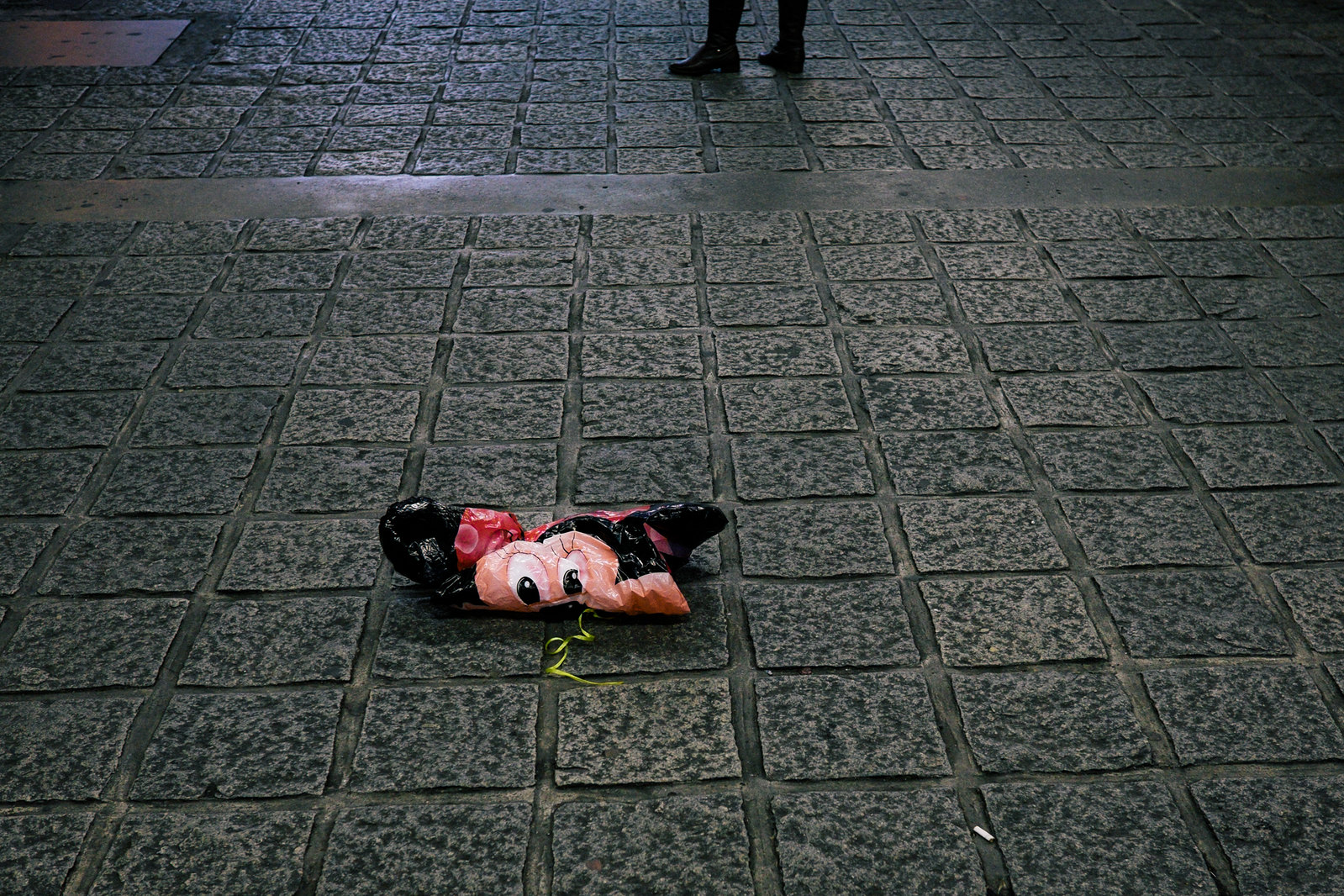
[Untitled]: photo by Ricardo Perini, 14 June 2015

[Untitled]: photo by Ricardo Perini, 14 June 2015


Too much pain No Pain in this world is greater than the one of a Mother who witnesses her young son’s brutal death #Pulwama #Kashmir: image via Irshad Nabi @kashmir_rise, 9 March 2017



A wailing father, a broken mother, a mourning brother - An entire family, not only Amir, was killed today. #Pulwama #Kashmir: image via Muhammad Uzair @MirUzair!, 9 March 2017
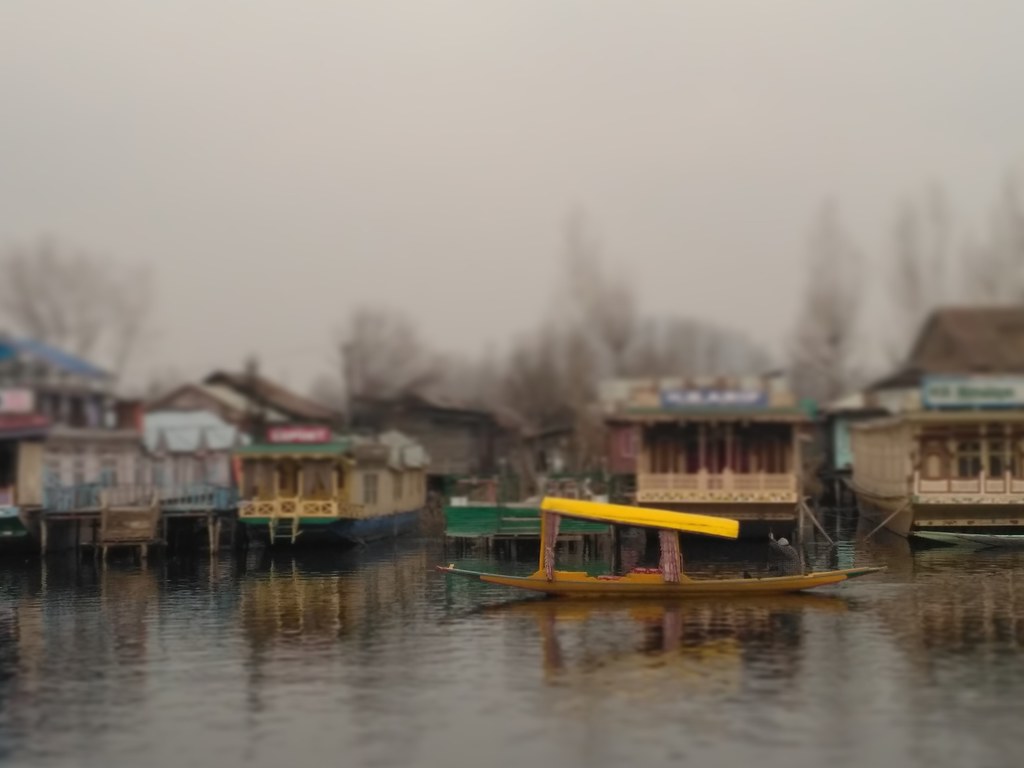
Houseboats on Dal Lake, Srinagar, Kashmir: photo by Gaurav Agrawal, 20 February 2017
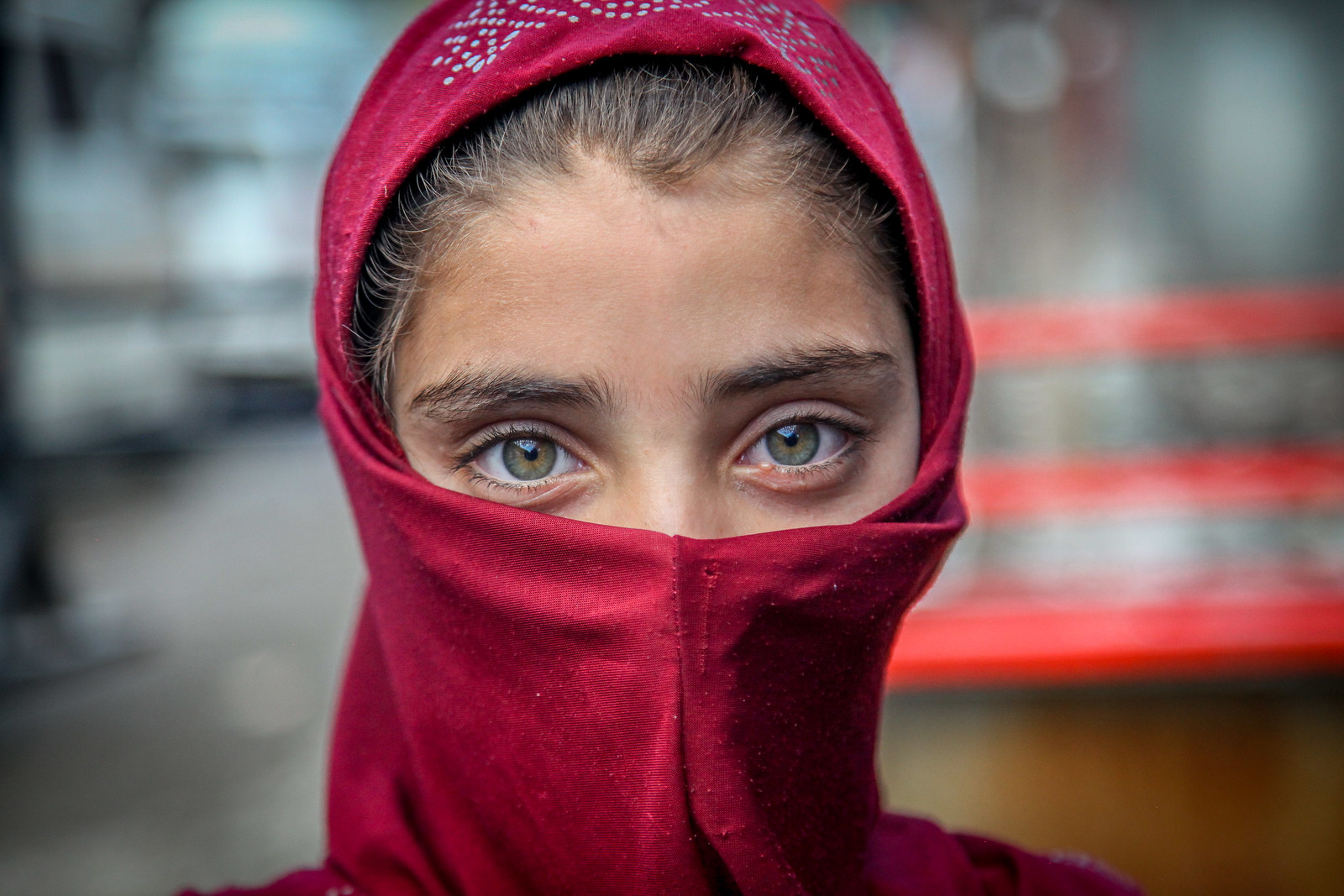
Green-eyed girl in Kashmir [Srinagar, Kashmir]: photo by gstads, 21 July 2015

Green-eyed girl in Kashmir [Srinagar, Kashmir]: photo by gstads, 21 July 2015

Green-eyed girl in Kashmir [Srinagar, Kashmir]: photo by gstads, 21 July 2015
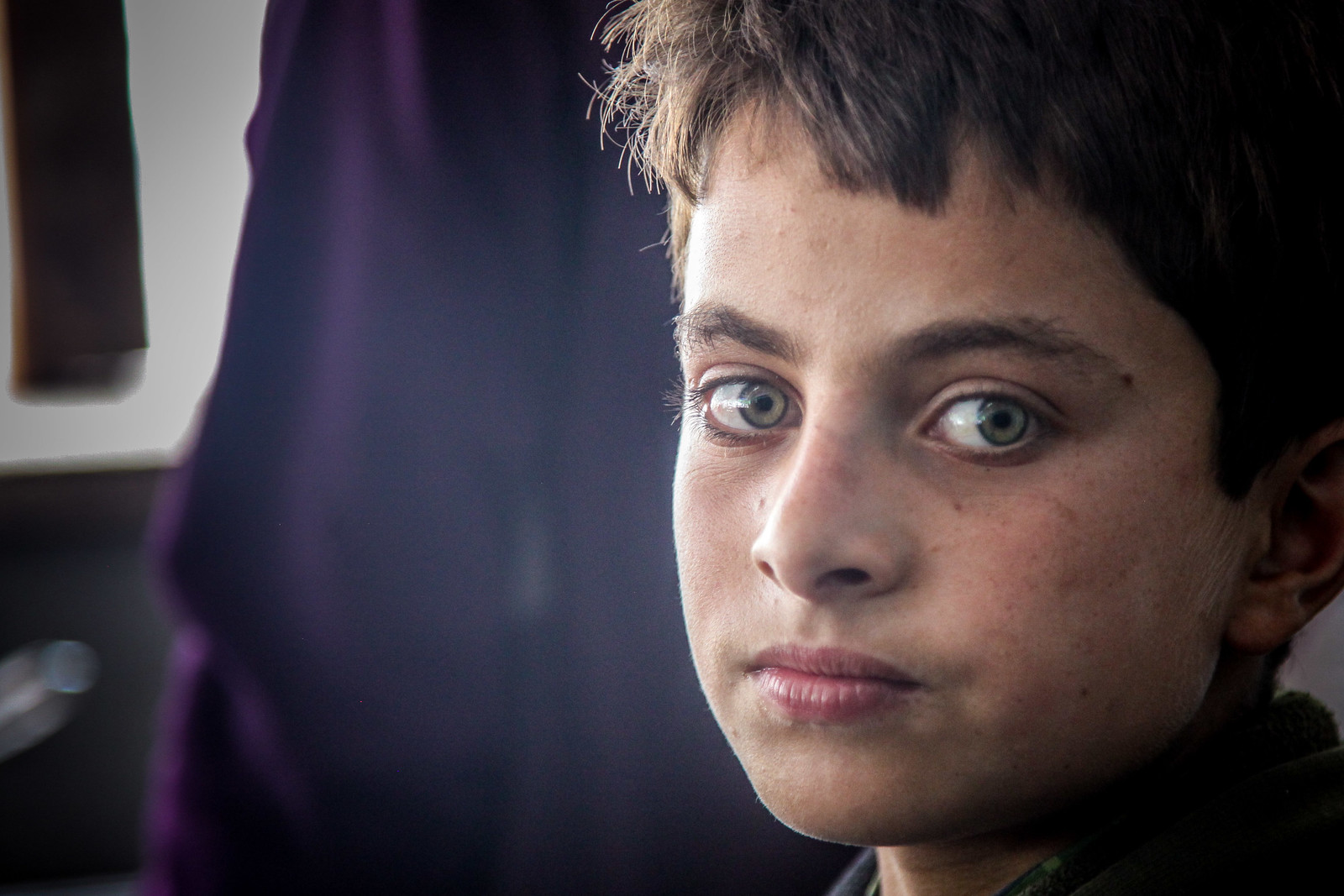
[Srinagar, Kashmir]: photo by gstads, 21 July 2015

[Srinagar, Kashmir]: photo by gstads, 21 July 2015

[Srinagar, Kashmir]: photo by gstads, 21 July 2015
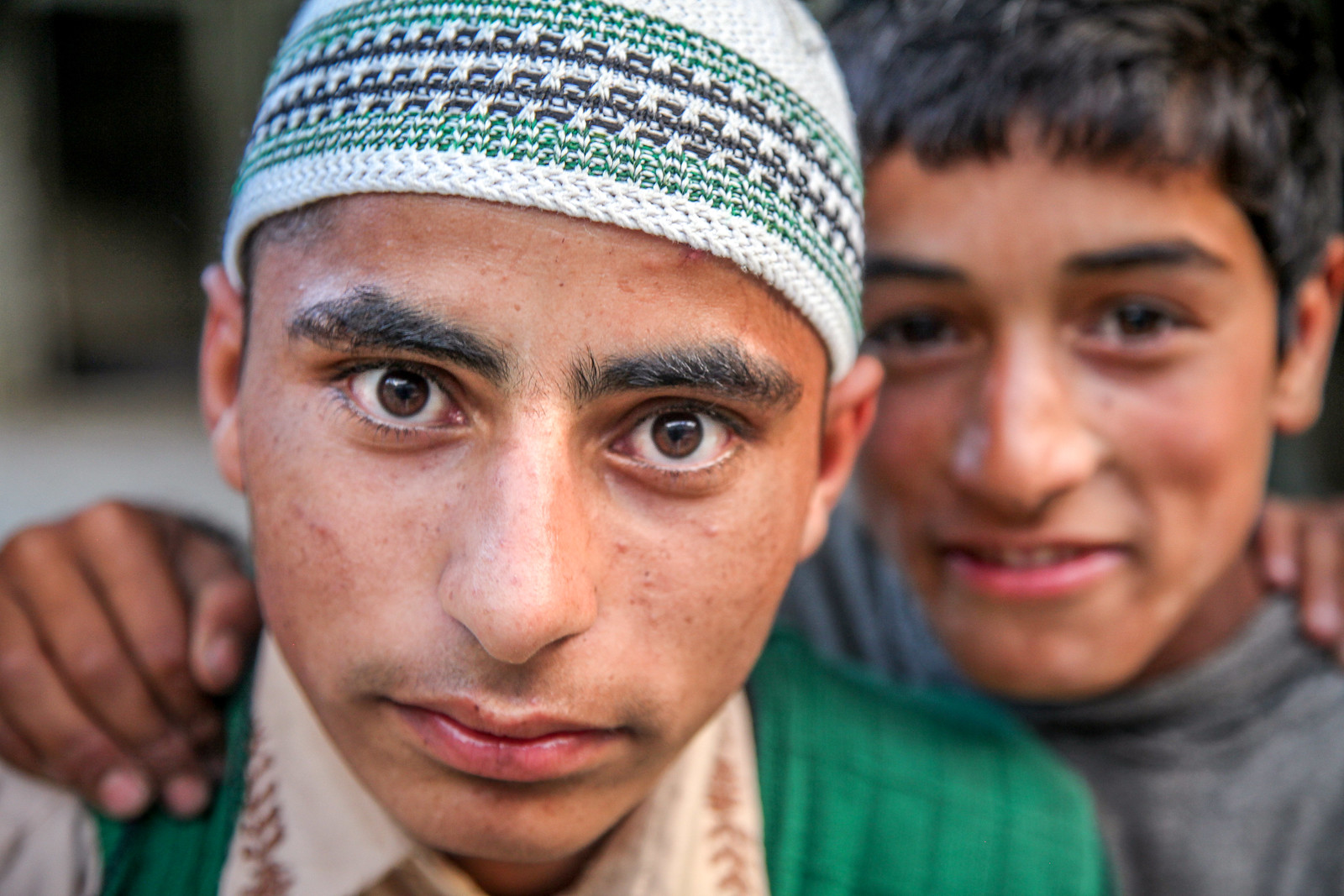
[Srinagar, Kashmir]: photo by gstads, 21 July 2015

[Srinagar, Kashmir]: photo by gstads, 21 July 2015

[Srinagar, Kashmir]: photo by gstads, 21 July 2015
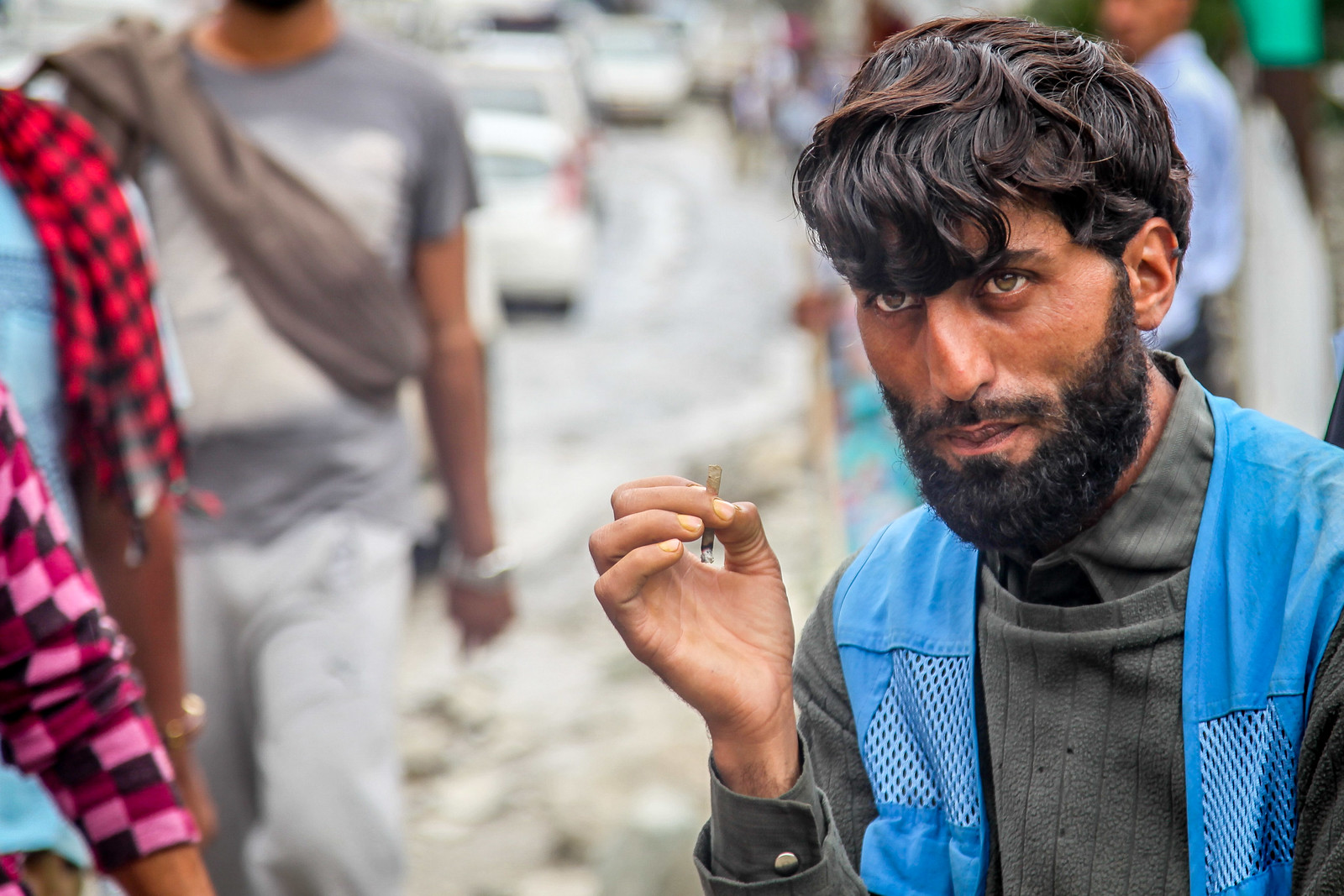

[Srinagar, Kashmir]: photo by gstads, 21 July 2015

[Srinagar, Kashmir]: photo by gstads, 21 July 2015
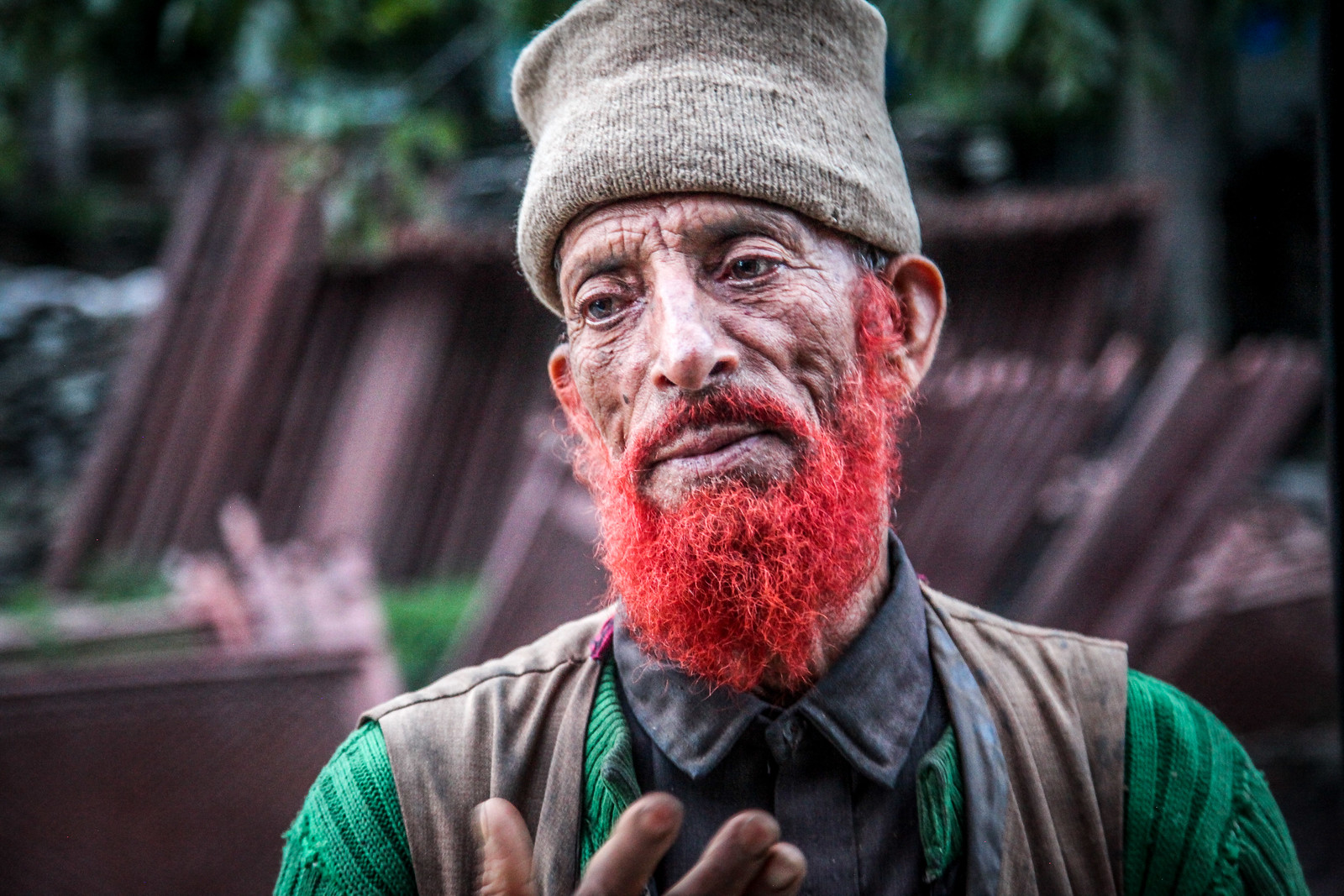
[Srinagar, Kashmir]: photo by gstads, 21 July 2015

[Srinagar, Kashmir]: photo by gstads, 21 July 2015

[Srinagar, Kashmir]: photo by gstads, 21 July 2015
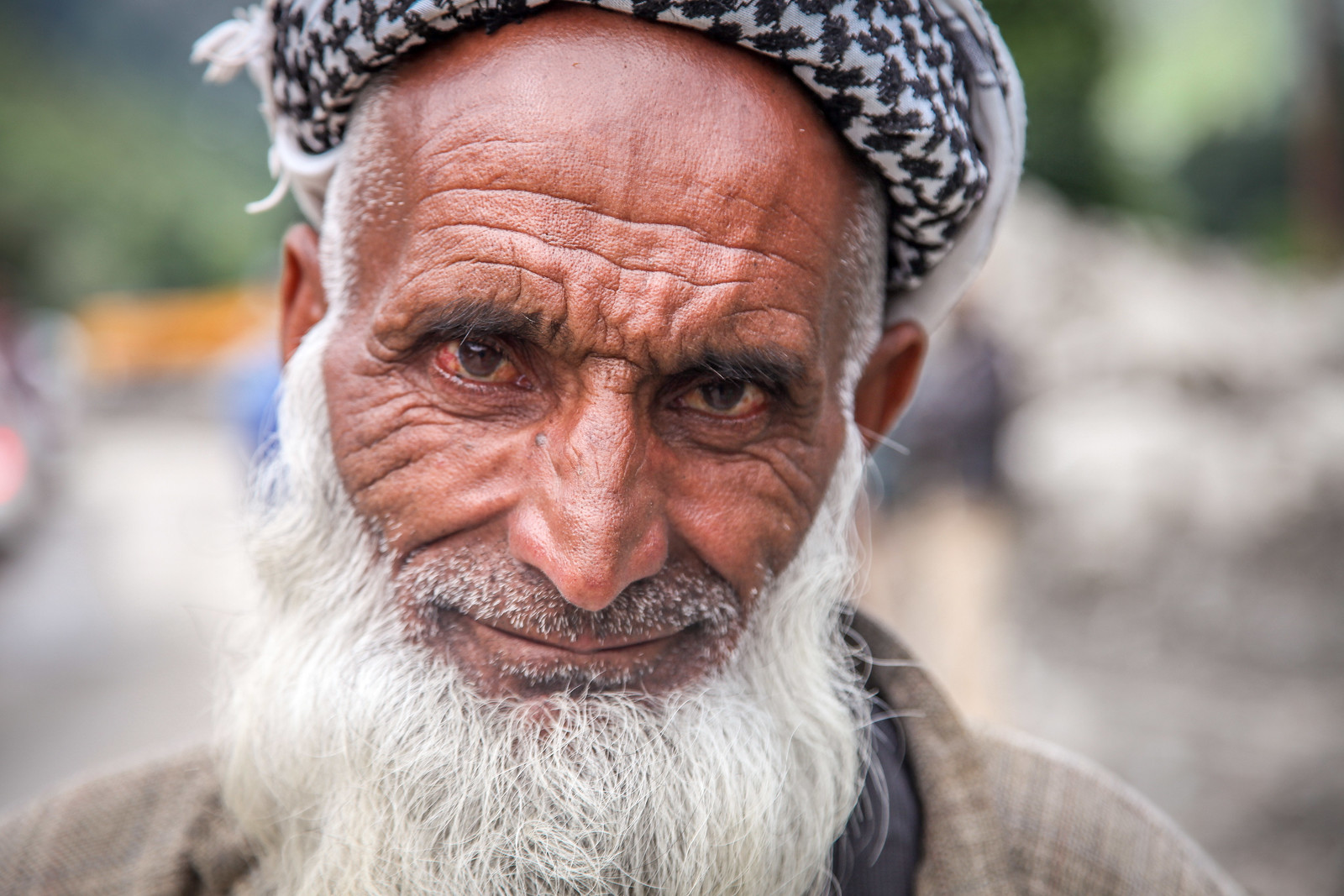
[Srinagar, Kashmir]: photo by gstads, 21 July 2015

[Srinagar, Kashmir]: photo by gstads, 21 July 2015

[Srinagar, Kashmir]: photo by gstads, 21 July 2015
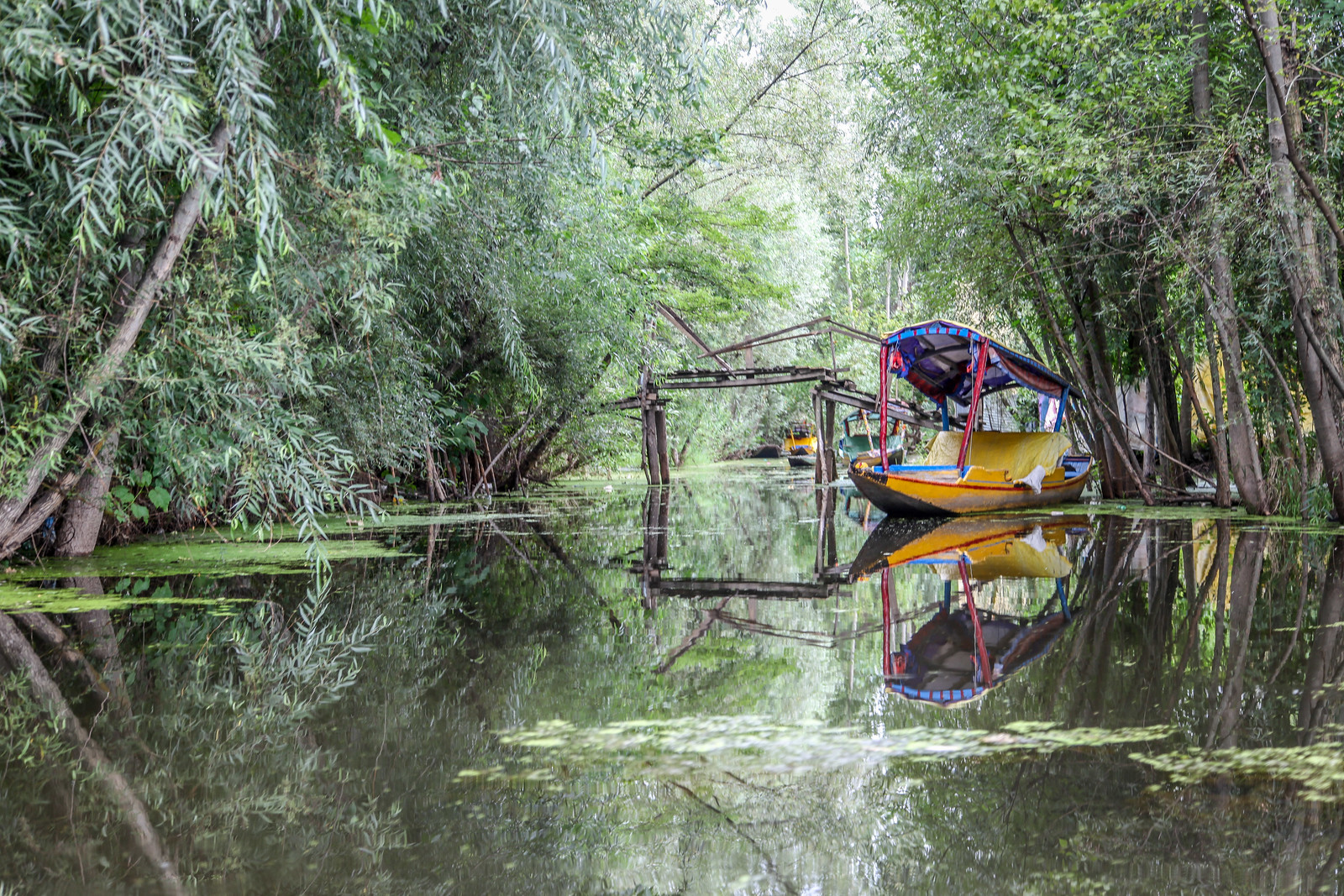
[Srinagar, Kashmir]: photo by gstads, 18 July 2015

[Srinagar, Kashmir]: photo by gstads, 18 July 2015

[Srinagar, Kashmir]: photo by gstads, 18 July 2015
Deflation

Dhaka, Bangladesh: photo by Md. Enamul Kabir, 3 March 2017

Dhaka, Bangladesh: photo by Md. Enamul Kabir, 3 March 2017

Dhaka, Bangladesh: photo by Md. Enamul Kabir, 3 March 2017

[Untitled]: photo by Ricardo Perini, 14 June 2015

[Untitled]: photo by Ricardo Perini, 14 June 2015

[Untitled]: photo by Ricardo Perini, 14 June 2015
A boy's death in Kashmir

Too much pain No Pain in this world is greater than the one of a Mother who witnesses her young son’s brutal death #Pulwama #Kashmir: image via Irshad Nabi @kashmir_rise, 9 March 2017

A wailing father, a broken mother, a mourning brother - An entire family, not only Amir, was killed today. #Pulwama #Kashmir: image via Muhammad Uzair @MirUzair!, 9 March 2017

A wailing father, a broken mother, a mourning brother - An entire family, not only Amir, was killed today. #Pulwama #Kashmir: image via Muhammad Uzair @MirUzair!, 9 March 2017

A wailing father, a broken mother, a mourning brother - An entire family, not only Amir, was killed today. #Pulwama #Kashmir: image via Muhammad Uzair @MirUzair!, 9 March 2017
V.S. Naipaul: On the Dal Lake (from An Area of Darkness)

Houseboats on Dal Lake, Srinagar, Kashmir: photo by Gaurav Agrawal, 20 February 2017
It was only early spring, and on some mornings there was fresh snow on the mountains. The lake was cold and clear; you could see the fish feeding like land animals on the weeds and on the lake bed, and when the sun came out every fish cast a shadow. It could be hot then, with the sun out, and woollen clothes were uncomfortable. But heat presently led to rain, and then the temperatures dropped sharply. The clouds fell low over the mountains, sometimes in a level bank, sometimes shredding far into the valleys. The temple at the top of Shankarachaya Hill, one thousand feet above us, was hidden; we would think of the lonely brahmin up there, with his woollen cap and his small charcoal brazier above his pinky-brown blanket. When the wind blew across the lake reeds swayed; on the rippled water reflections were abolished; the magenta discs of the lotus curled upwards; and all the craft on the lake made for shelter. Some pulled in at the hotel landing stage; occasionally their occupants went to the hut to get charcoal for their hookahs or for the mud-lined wicker braziers which they kept below their blankets. And immediately after rain the lake was as glassy as could be.
The hotel stood one one of the main shikara lanes, the silent highways of the lake. The tourist season had not properly begun and about us there still flowed only the life of the lake. In the morning the flotilla of grass-laden shikaras passed, paddled by women sitting crosslegged at the stern, almost level with the water. The market-place shifted, according to custom, from day to day. Now it was directly in front of the hotel, beyond the lotus patch; now it was further down the lane, beside the old boat that was the pettiest of petty lake shops. Often it seemed that buyer and seller would come to blows, but the threatening gestures, the raised voices, the paddling away, abuse hurled over the shoulder, the turning back, abuse continuing, all this was only the lake method of bargaining. All day the traffic continued. The cheese man, priest-like in white, sat before white conical mounds of cheese and rang his bell, he and his cheese sheltered by an awning, his paddler exposed at the stern. The milk-lady was fearfully jewelled; silver earrings hung from her distended lobes like keys from a key-ring. The confectioner's goods were contained in a single red box. The 'Bread Bun & Butter' man called every day at the hotel; on his shikara board N was written back to front. 'Beau-ti-ful! Mar-vellous! Lover-ly!' This was the cry of Bulbul, the flower-seller. His roses sweetened our room for a week; his sweet-peas collapsed the day they were bought. He suggested salt; his sweet-peas collapsed again; we quarreled. But his shikara continued to be a moving bank of bewitching color in the early mornings, until the season was advanced and he left us to work the more profitable A-class houseboats on Nagin Lake. The police shikara passed often, the sergeant paddled by constables. In the post office shikara, painted red, the clerk sat crosslegged at a low desk, selling stamps, cancelling letters and ringing his bell. Every tradesman had his paddler, and the paddler might be a child of seven or eight. It did not look especially cruel. Here children were, as they have until recently been elsewhere, miniature adults in dress, skills and appearance. Late at night we could hear them singing to keep their spirits up as they paddled home.
So quickly we discovered that in spite of its unkempt lushness, its tottering buildings and the makeshift instincts of its inhabitants, the lake was charted and regulated; that there were divisions of labour as of land; and that divisions of water space were to be recognised even if marked by no more than a bent and sagging length of wire. There were men of power, with areas of influence; there were regional elected courts. And such regulations were necessary because the lake was full of people and the lake was rich. It provided for all. It provided weeds and mud for vegetable plots. A boy twirled his bent pole in the water, lifted, and he had a bundle of rich, dripping lake weed. It provided fodder for animals. It provided reeds for thatching. It provided fish, so numerous in the cold water that they could be seen just below the steps of the busy ghat. On some days the lake was dotted with fishermen who seemed to be walking on water; they stood erect and still on the edge of their barely moving shikaras, their tridents raised, their eyes as sharp as those of the kingfishers on the willows.
V. S. Naipaul: from 'A Doll's House on the Dal Lake', in An Area of Darkness, 1964

Green-eyed girl in Kashmir [Srinagar, Kashmir]: photo by gstads, 21 July 2015

Green-eyed girl in Kashmir [Srinagar, Kashmir]: photo by gstads, 21 July 2015

Green-eyed girl in Kashmir [Srinagar, Kashmir]: photo by gstads, 21 July 2015

[Srinagar, Kashmir]: photo by gstads, 21 July 2015

[Srinagar, Kashmir]: photo by gstads, 21 July 2015

[Srinagar, Kashmir]: photo by gstads, 21 July 2015

[Srinagar, Kashmir]: photo by gstads, 21 July 2015

[Srinagar, Kashmir]: photo by gstads, 21 July 2015

[Srinagar, Kashmir]: photo by gstads, 21 July 2015

[Srinagar, Kashmir]: photo by gstads, 21 July 2015

[Srinagar, Kashmir]: photo by gstads, 21 July 2015

[Srinagar, Kashmir]: photo by gstads, 21 July 2015

[Srinagar, Kashmir]: photo by gstads, 21 July 2015

[Srinagar, Kashmir]: photo by gstads, 21 July 2015

[Srinagar, Kashmir]: photo by gstads, 21 July 2015

[Srinagar, Kashmir]: photo by gstads, 21 July 2015

[Srinagar, Kashmir]: photo by gstads, 21 July 2015

[Srinagar, Kashmir]: photo by gstads, 21 July 2015

[Srinagar, Kashmir]: photo by gstads, 18 July 2015

[Srinagar, Kashmir]: photo by gstads, 18 July 2015

[Srinagar, Kashmir]: photo by gstads, 18 July 2015








2 comments:
Swamp Dogg (aka Jerry Williams): A Synthetic World, 1970
Swamp Dogg: Synthetic World, live at North Sea Jazz, 2011
P.P. Arnold: The first cut is the deepest (Live, 1967)
Post a Comment